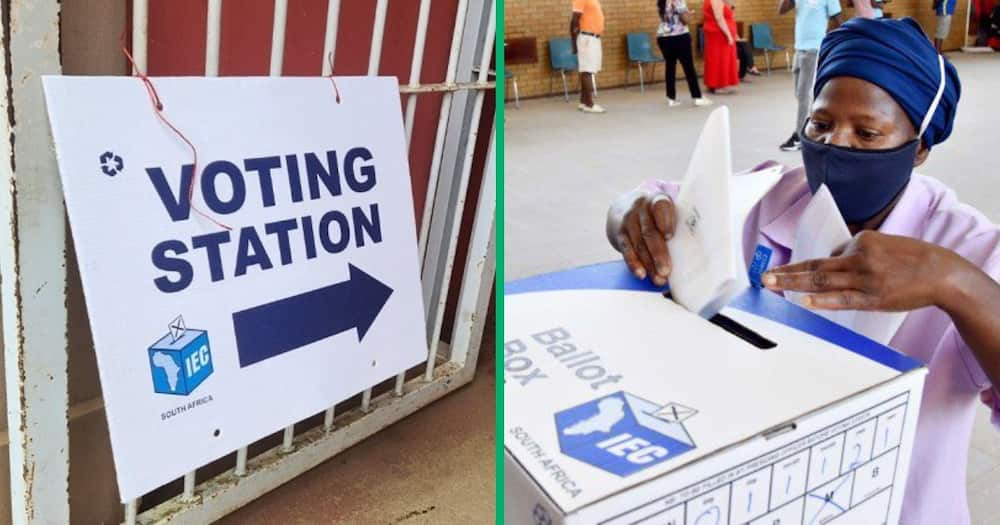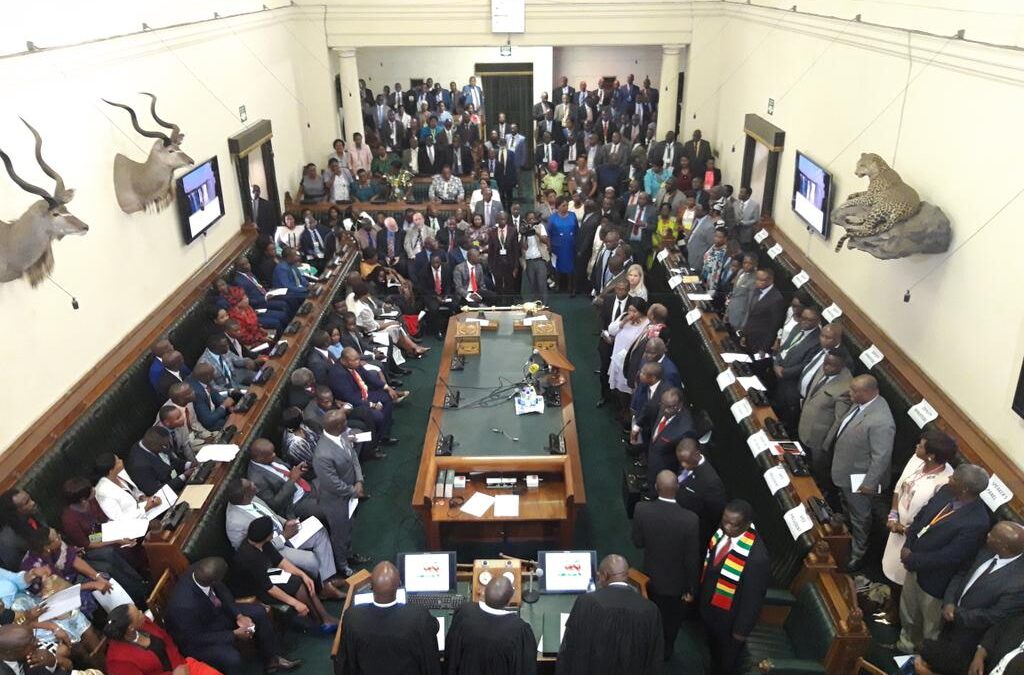For 61 straight days, protesters have camped outside the Tennessee Capital in Nashville, demanding a meeting with the governor to discuss racial inequality and police brutality.
On Wednesday, the GOP-dominated legislature responded — by passing a bill making camping on state property, including the capitol grounds, a felony.
“It is to prevent what has happened in other cities like Portland and Washington, D.C.,” Lt. Gov. Randy McNally (R) said Wednesday after the measure passed. “If people … knowingly thumb their nose at authority and don’t do what authorities have requested they do, they should be charged with a serious crime.”
But protesters disputed claims that they’ve been violent. When a Democratic lawmaker asked during a Wednesday debate on the billwhether anyone has been injured at the capitol during the weeks of protests, no one produced an example.
“There was no violent behavior by the protesters, but there was violence by the state troopers who dragged us down the capitol stairs,” protest organizer Justin Jones, 24, told The Washington Post. “This is all about criminalizing peaceful protesting.”
Scores of Republican legislatures around the nation have passed laws seeking to crack down on protests in recent years, The Washington Post’s Christopher Ingraham reported.
But the Tennessee bill is among the first tailored to curbing the mass demonstrations that have arisen since George Floyd’s death in Minneapolis in May.
The long-running Nashville protest started on June 12, inspired by the large demonstrations erupting elsewhere in the country after Floyd’s death.
“We started to see these Occupy-style protests in New York City and Oakland and we said, ‘We’re going to do it in the South, right here in Tennessee,’” Jones said. “We knew it would be a protest following in the long history of nonviolent civil disobedience in Nashville.”
Protesters soon set up camp in War Memorial Plaza near the capitol, redubbing it the “People’s Plaza” and “Ida B. Wells Plaza,” after the civil rights leader. They have stayed there 24 hours a day for more than two months, while requesting a meeting with Gov. Bill Lee (R) — who has refused — and the removal from the capitol of a bust of Nathan Bedford Forrest, the Ku Klux Klan’s first grand wizard, which a commission voted to do in July.
State troopers have repeatedly tried to roust the demonstrators, swooping in on late-night raids to seize their belongings and to arrest the activists. Jones said he has been charged seven times during the protests with crimes ranging from trespassing to disturbing a public meeting.
Under the new camping laws passed Wednesday, protesters would first be issued a warning. Any who refuse to leave would then be charged with a Class E felony, which could carry up to 6 years in prison, the Nashville Tennessean reported; those convicted also lose their right to vote.
In the capitol this week, some GOP legislators pointed to protesters who have heckled lawmakers to justify the harsh new punishments in the bill, which would also mandate that protesters charged with a variety of offenses must be held without bond for at least 12 hours. Protesters recently blocked the garage used by legislators and surrounded one senator’s car, waving signs, until police intervened.
“What I wish I could convey to people is that it’s really hard to be sympathetic to what someone is saying when they are yelling at you, when they’re trying to shame you, when they’re calling you names and so forth,” said state Sen. Kerry Roberts (R), the Tennessean reported
Under the new camping laws passed Wednesday, protesters would first be issued a warning. Any who refuse to leave would then be charged with a Class E felony, which could carry up to 6 years in prison, the Nashville Tennessean reported; those convicted also lose their right to vote.
In the capitol this week, some GOP legislators pointed to protesters who have heckled lawmakers to justify the harsh new punishments in the bill, which would also mandate that protesters charged with a variety of offenses must be held without bond for at least 12 hours. Protesters recently blocked the garage used by legislators and surrounded one senator’s car, waving signs, until police intervened.
“What I wish I could convey to people is that it’s really hard to be sympathetic to what someone is saying when they are yelling at you, when they’re trying to shame you, when they’re calling you names and so forth,” said state Sen. Kerry Roberts (R), the Tennessean reported
“I thought it was a little heavy-handed to be a felony,” state Sen. Mike Bell (R) said of the camping charge, adding that he felt the bill as a whole was too important to vote against.
Jones, who spent all but three nights in the protest camp and who testified against the bill in a committee hearing this week, said the new law won’t discourage future protests.
“Everything we’ve done is the spirit of nonviolence. This will not deter us from pushing forward in challenging these laws, both in the courts and in the streets,” he said. “This just confirms that we must continue.” The Washington Post





0 Comments